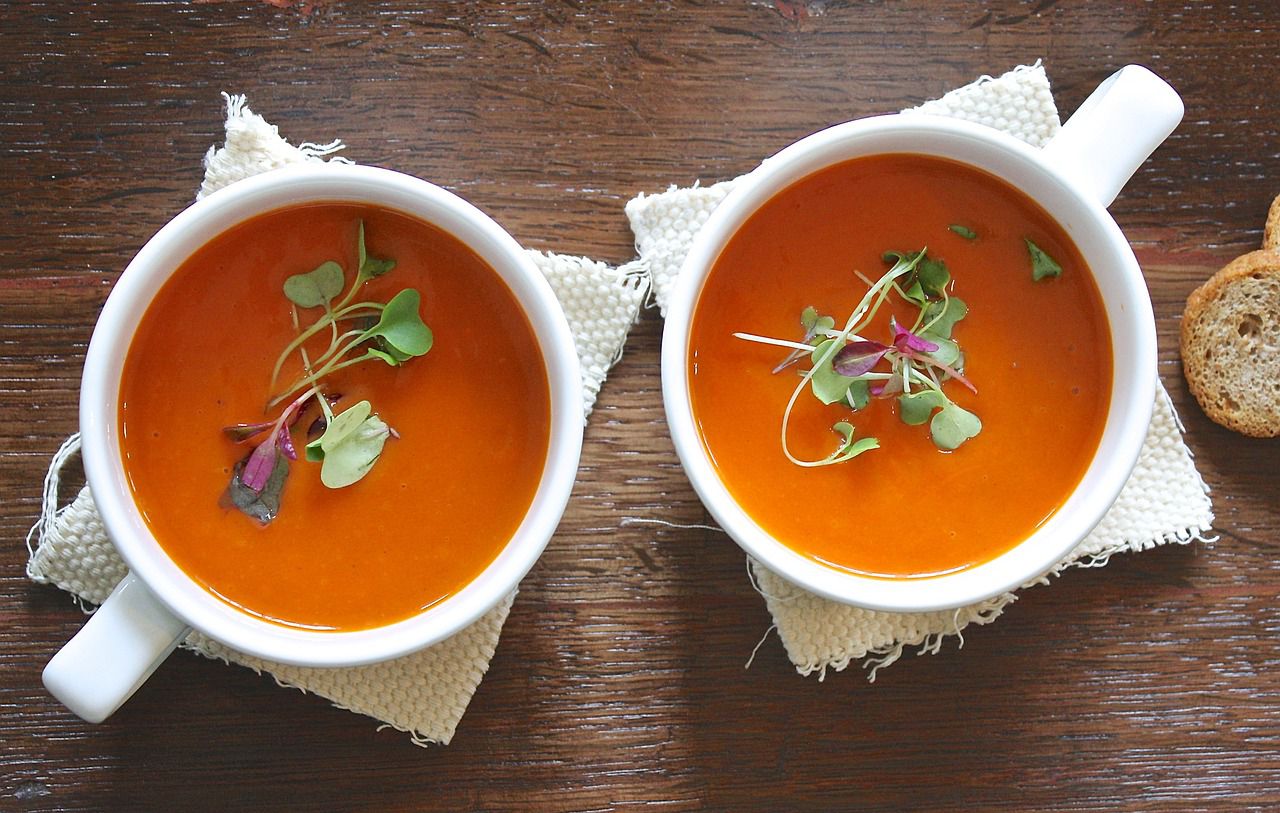While soup can be a nutritious and healthy meal option, it isn't always the case, depending on the ingredients and preparation methods used.
Some soups can be perfect for balanced and healthy diets, while other recipes don't particularly benefit your health.
Here are some reasons why eating soup may not always be healthy for your body.
High Sodium Content
Many commercially prepared soups, especially canned or instant varieties, can be high in sodium.
Excess sodium intake is linked to increased blood pressure, heart disease, and other health issues.

High Caloric Content
Cream-based or rich soups, like chowders or bisques, can be high in calories and unhealthy fats.
Consuming such soups regularly may contribute to weight gain and other health problems.
Lack of Nutritional Value
Not all soups are created equal in terms of nutrition.
Some soups may lack essential nutrients, like vitamins, minerals, and protein, making them less beneficial as a complete meal.
Unhealthy Ingredients
Some soups may contain unhealthy ingredients like processed meats, excessive oil, or artificial additives, which can have negative effects on your health.
Digestive Issues
Certain soups may be heavy on spices, which can trigger digestive discomfort or exacerbate existing digestive issues in some individuals.
Food Allergies and Sensitivities
Some soups may contain ingredients that can trigger allergies or sensitivities in certain individuals, leading to adverse reactions.








